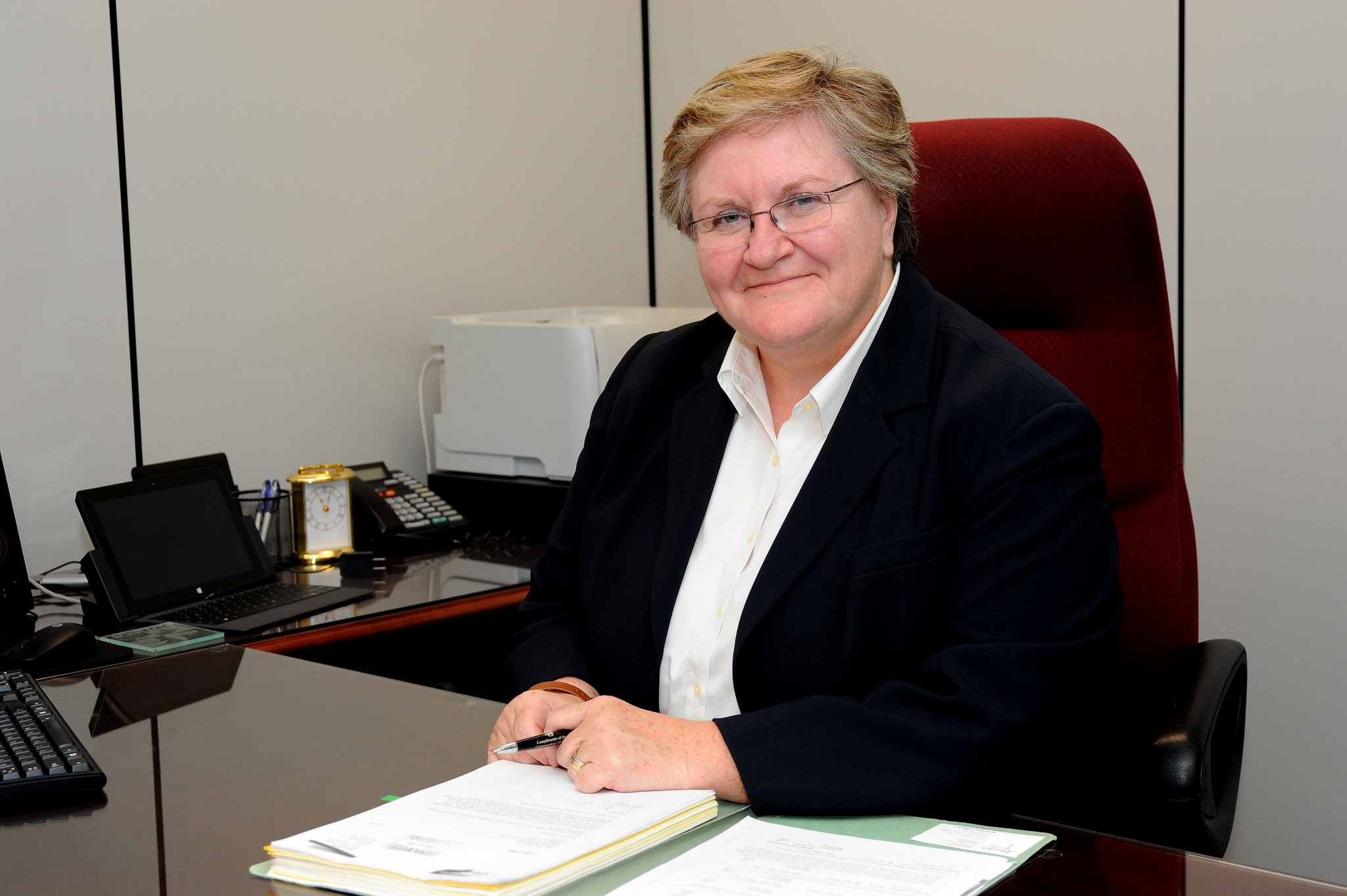When the Alberta Ombudsman began operations 50 years ago this week, the province and its government operated much differently than it does today.
Out of necessity, the Alberta Ombudsman’s approach to complaint handling has required adjustment. When first conceived, the Ombudsman was primarily seen as an agent who would help citizens negotiate their way through the maze of government services. The office explained how the bureaucracy worked, offered a non-partisan examination of the facts, and reviewed complaints with the goal of remedying unfairness. Through the Ombudsman’s intervention, many Albertans receive services and benefits they might otherwise be denied.
“This remains a primary goal of the Ombudsman,” according to Marianne Ryan who has recently been appointed as Alberta’s ninth Ombudsman. “However, the Ombudsman now takes a broader view of problems beyond the individual complaint, and works to improve how government services are delivered at the structural level.”
Over the past 50 years the Ombudsman has driven systemic change by addressing not only the individual complainant’s issue, but by recommending changes to improve a public agency’s processes, helping improve government performance and avoid future complaints.
Examples of some systemic recommendations the Ombudsman has made are:
- Public authorities should always provide adequate reasons for a decision;
- All appeal panels, and quasi-judicial bodies, should protect the participation rights of complainants ensuring they have access to documents and policies that affect their case;
- Government departments should consistently apply their policies when reviewing benefit applications; and
- How a program makes decisions should always be clearly communicated to Albertans.
The courts have been another agency of change. The Ombudsman has kept abreast of changing jurisprudence and developed a summary of fairness principles based on key legal decisions in the Administrative Fairness Guidebook available on our website: www.ombudsman.ab.ca.
On top of the evolution of the original mandate of the office, the Ombudsman has been assigned new responsibilities over the years. Perhaps the change with the most impact to date has been the responsibility to investigate the complaint handling processes of professional organizations including: accountants; veterinarians; foresters; and the majority of the health profession colleges and associations including dentists, doctors, nurses, social workers, and lab technicians.
What is expected to be the greatest addition to the Ombudsman’s responsibilities is just on the horizon. Sometime in the next year the provincial government will assign the Ombudsman the task of investigating complaints about municipalities, which includes cities, towns, villages, counties, municipal districts and summer villages.
In spite of this evolution of the office over the past 50 years, the Ombudsman remains an effective tool to ensure fairness for Alberta citizens and to promote fair practices in the public service.
Albertans who believe they have encountered unfairness from Alberta government departments, boards or agencies, as well as professional organizations, may call the Ombudsman intake line to discuss their complaint. The intake officer will direct the caller to the next steps or recommend the caller submit a written complaint to the Ombudsman. Intake numbers are: toll-free from North America, 1-888-455-2756; Edmonton 780-427-2756; Calgary 403-297-6185. There is also an online complaint form on the Ombudsman website: www.ombudsman.ab.ca.
BACKGROUNDER
Biography of Marianne Ryan

Marianne was officially appointed as Alberta’s ninth Ombudsman and second Public Interest Commissioner on July 4, 2017. On July 7, 2017, Marianne was acclaimed as the new North American Regional Director for the International Ombudsman Institute.
Marianne grew up on a farm near London, Ontario, and joined the Royal Canadian Mounted Police (RCMP) in 1982 after graduating from the University of Western Ontario with a Bachelor of Arts degree. Marianne led a successful career that spanned 35 years, touching the lives of people in Manitoba, British Columbia, and Alberta.
Marianne’s first posting was in Manitoba where she spent time building bridges with Indigenous communities. She has extensive operational police experience at the local, national and international levels, leading major investigations targeting organized crime groups involved in a myriad of criminal activities including drugs, proceeds of crime and organized crime. Marianne also has extensive experience in human resources and change management.
Three years after becoming the Officer in Charge of Criminal Operations for Alberta, Marianne was appointed Commanding Officer of the RCMP for Alberta in 2013. She retired from the RCMP in March 2017.
Marianne resides with her partner and their family in Edmonton.


